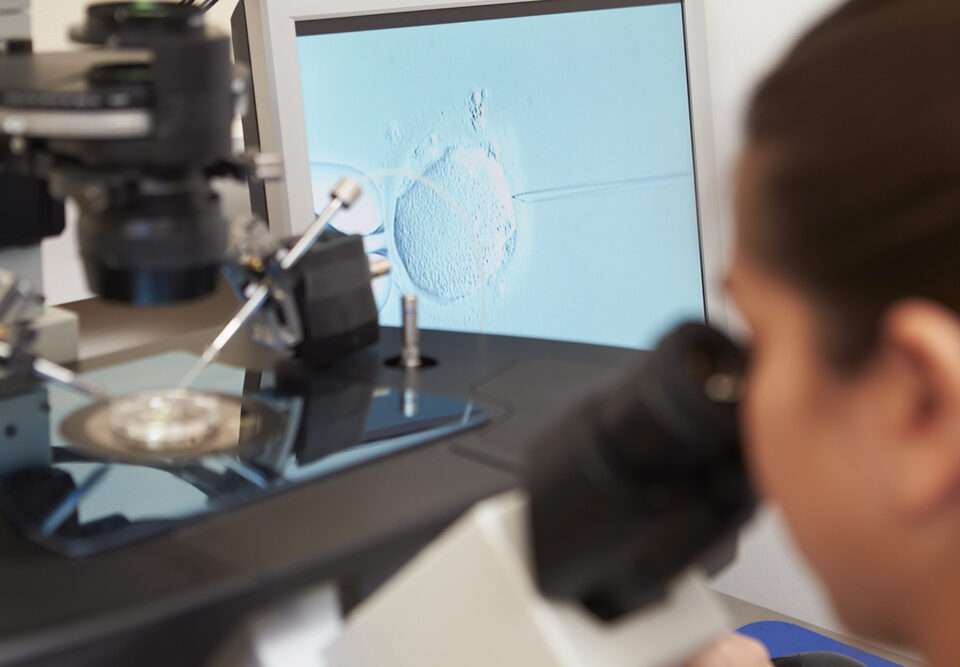
A Woman Gave Birth To Her Husband’s Baby Years After He Passed From Cancer
August 25, 2023
Tara Lipinski Opens Up About Her Infertility Struggles
September 7, 2023The In Vitro Fertilization (IVF) process is a medical procedure that can take some time, as there are several parts to it. Understanding exactly what to expect is important and is a good way to make sure you’re prepared for the realities of it before getting started. Here’s what IVF is like, so you can be ready when you begin your journey.
Before You Start Your IVF Process
You’ll have an initial consultation with your fertility specialist, and you’ll also meet with a nutritionist and a family counselor. It’s a good idea to join a fertility support group, too. Not only does that help with discussing the procedure and the feelings surrounding it, but a support group can also give you access to additional resources that can be very valuable during the process of IVF.
Start the Process With Fertility Testing
Before you can begin an actual IVF cycle you need to have medical tests. These will look into ovarian reserve, egg quality, fallopian tubes, your uterus, and the quality of semen if you have a male partner. Finding any problems before the IVF process actually starts is a good way to save yourself a lot of stress and time, as well as save you money. After testing is done, you can plan on moving forward with IVF if it’s a viable option for you.
Moving Through Your Four-Week IVF Cycle
For 10 to 14 days before starting fertility medications, you’ll need to take oral contraceptives. This may sound counterintuitive, but it can actually increase the number of eggs that can be retrieved and support your ovarian health. After the contraceptives you’ll be given fertility medications for approximately 10 days. You’ll be monitored closely during this time, with blood work and a vaginal ultrasound often being completed every other day.
Eggs will then be retrieved in a short, outpatient procedure. You’ll be under anesthesia while the eggs are extracted from your ovarian follicles. Those eggs will then be fertilized in the lab at your fertility clinic, causing them to divide and develop as embryos. If successful, one of the embryos will be transferred to your uterus, and you’ll start a 10-day waiting period to see if implantation occurs, causing a pregnancy.
If you are thinking about growing your family with the help of reproductive assistance, please contact us today. We are dedicated to drafting comprehensive surrogacy, egg, sperm and embryo donation contracts as well as timely and thorough parentage orders. No matter what your legal needs may be, we are here for you. We will carefully listen to you to create a contract and a plan to help build your family that meets your wishes and needs!




